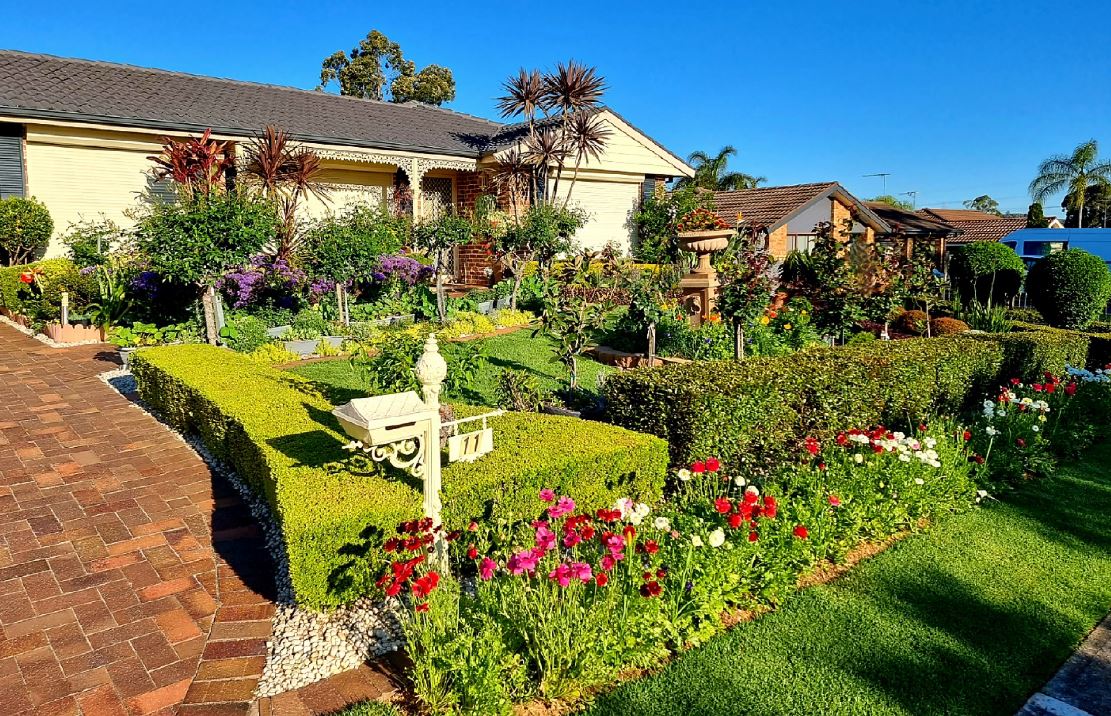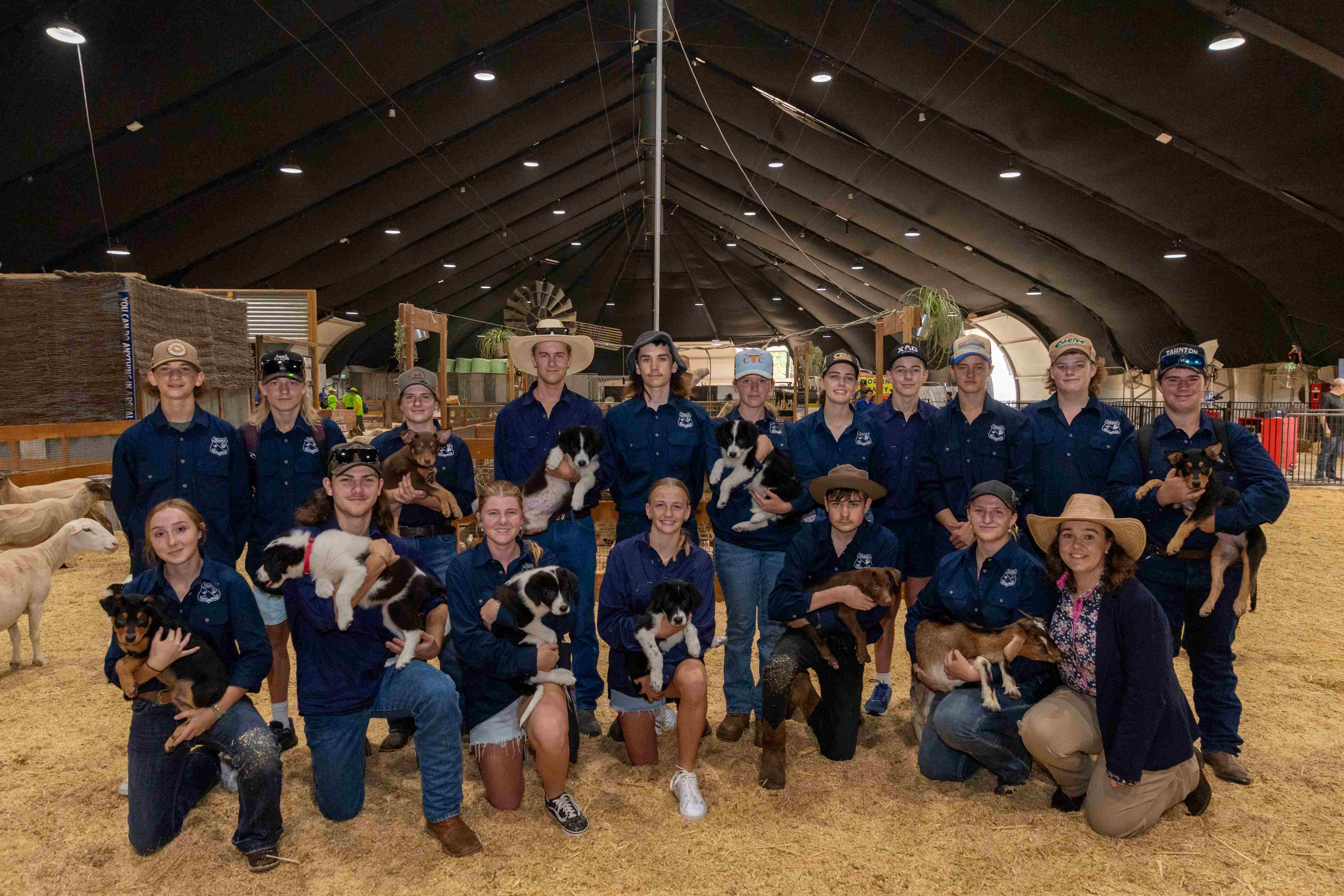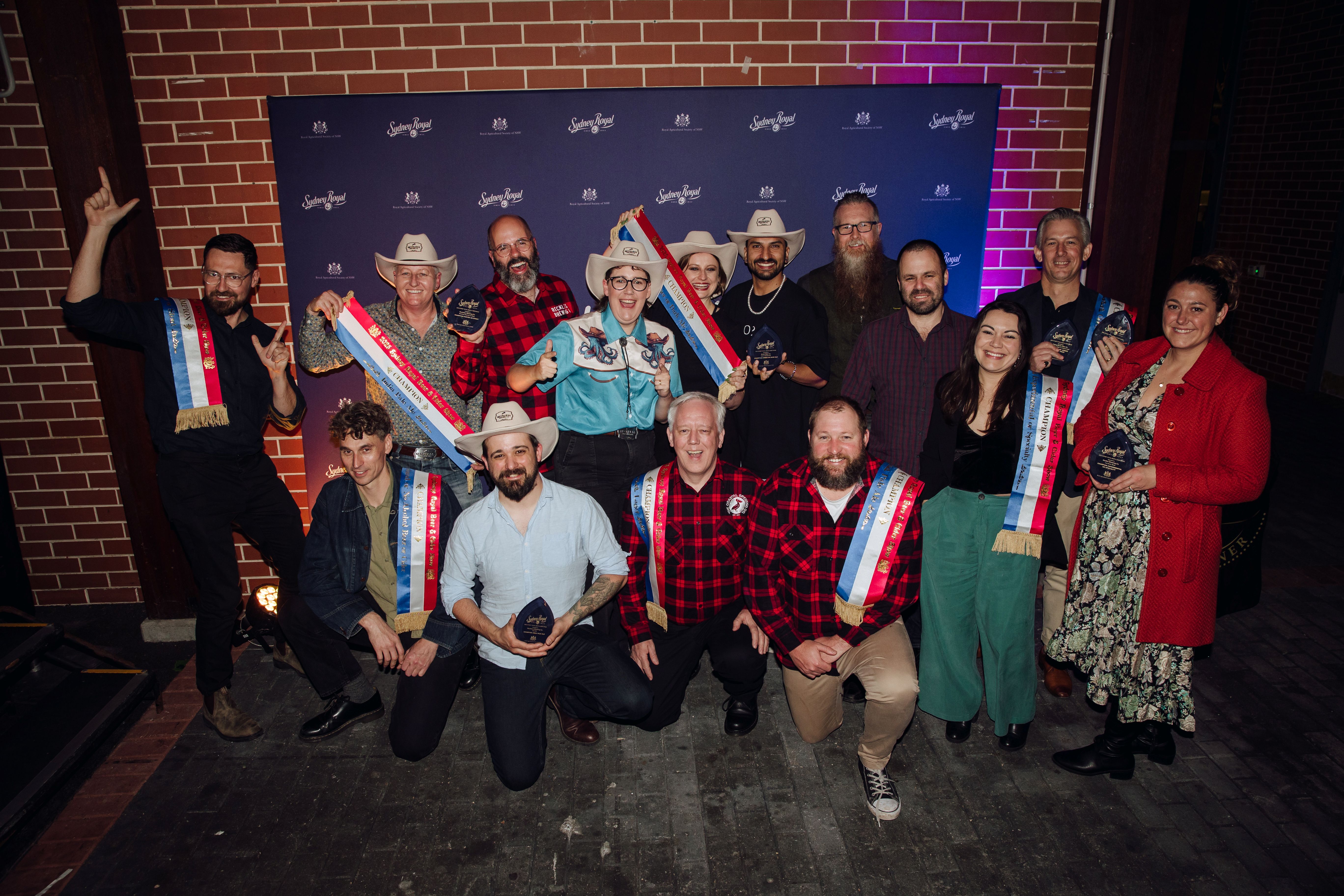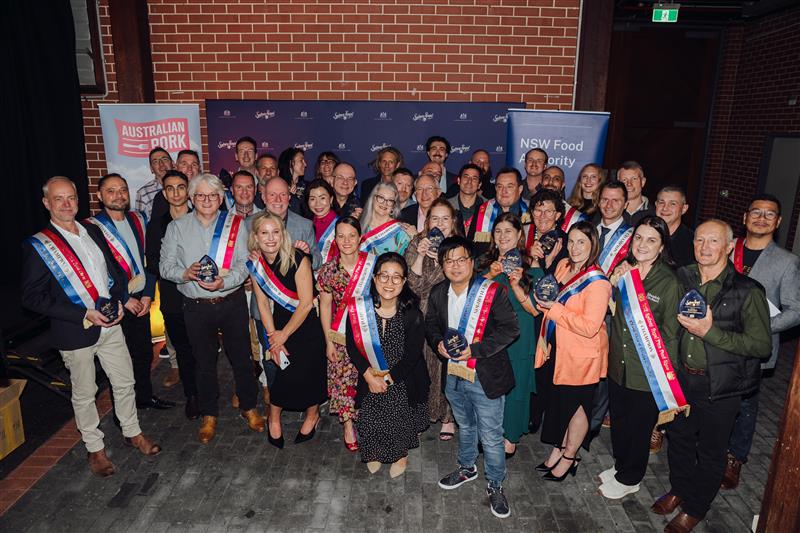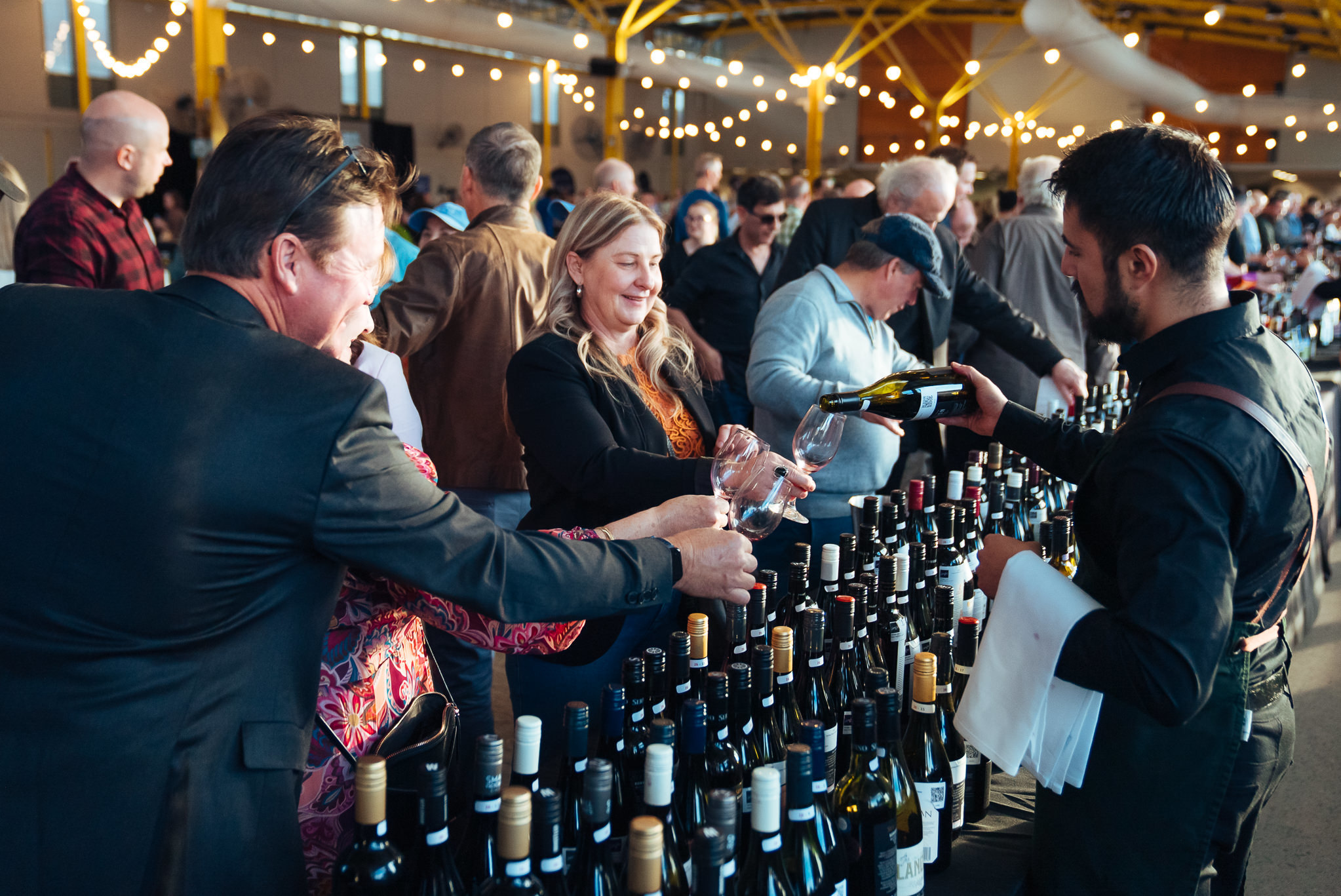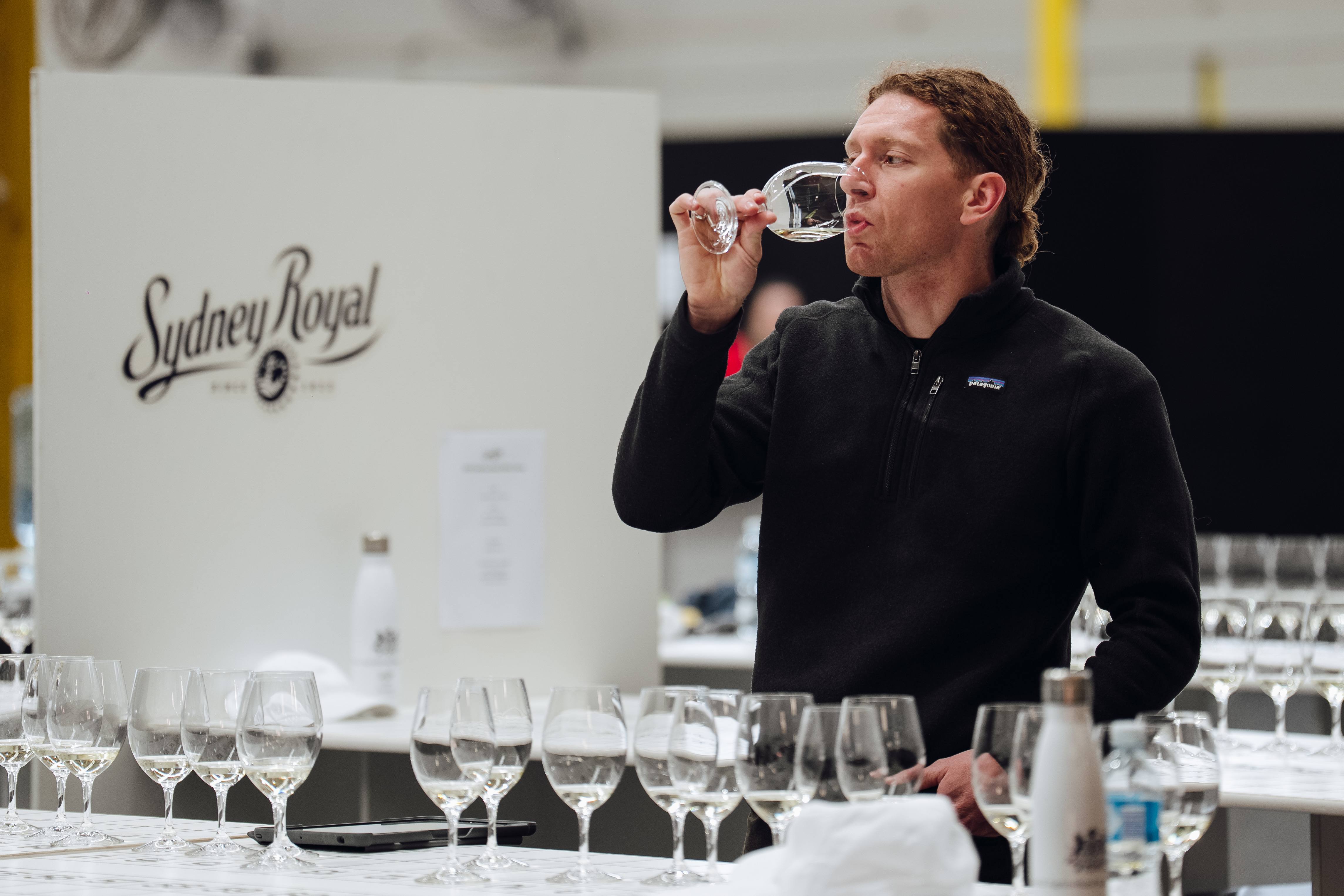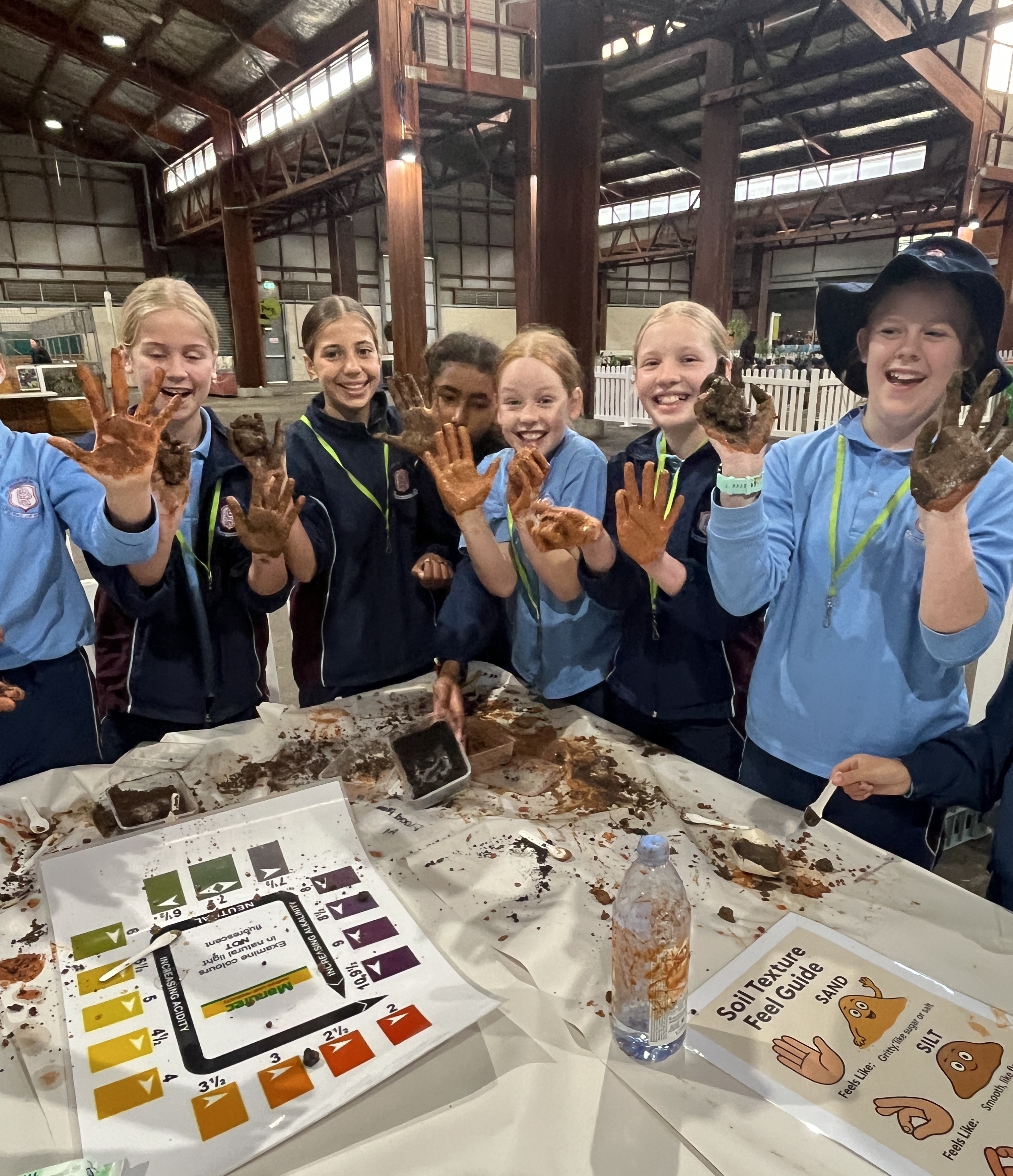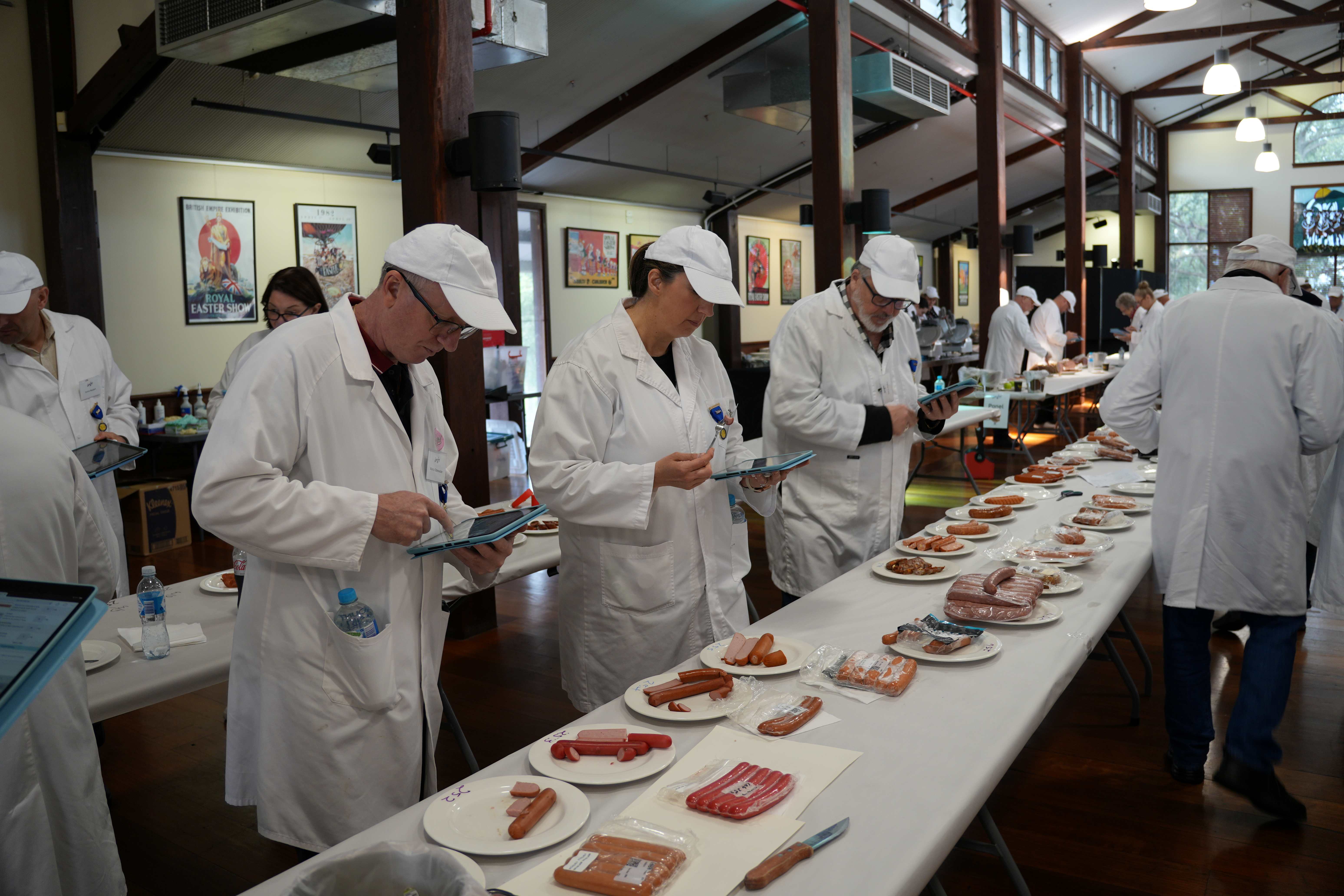It’s not alright, mate
Up jumped the swagman and sprang into the billabong.
"You'll never take me alive!" said he
And his ghost may be heard as you pass by that billabong:
"Who'll come a-waltzing Matilda, with me?"
Our alternate national anthem tells the tale of a bushman who died by suicide rather than face any shame or inconvenience, so why are we surprised about farmers having among the highest suicide rates compared to other occupational groups?
From the inner city to the outer suburbs, harbour beaches to the foot of the mountains we characterise rural dwellers as being down-to-earth and envied for ‘living the dream’. Our countrymen and women in regional and remote areas are idealised as practical and resilient, but the reality is quite tragic. According to statistics released by the Australian Institute of Health and Welfare (March 2017), the rate of suicide in rural areas is about 40% higher than in major cities.
Living in rural and remote Australia is both rewarding and challenging. The tree-change dream is sold with promises of affordable housing, fresh air and bountiful fruits and vegetables, a relaxed lifestyle, fewer technological distractions and endless hours of quality family time. Less time and money are spent or wasted and the air is clean. Why pay more than $1000 a week in rent for a 3 bedroom family home without parking in Sydney’s inner west when you can pay $400 in the Central West for 3 bedrooms and a triple garage.
The figures in dollars may be low but the overall price is high. Social and technological isolation, economic and financial uncertainty for those living off the land, fewer employment opportunities, vulnerability to natural disaster and extreme weather events. The cost can often be feelings of hopelessness and depression – known risk factors and eventual triggers for suicide.
A sense of rural stoicism makes it difficult to ask for help. The resilient and resourceful nature of rural people and the sense of self-sufficiency are deterrents in seeking out support services if such services are even available. Suffering in silence takes precedence due to pride, a desire for privacy, or shame in the perceived weakness of ‘not coping’.
Communities need to acknowledge that problems exist and individuals must come to grips with asking for help. Suicide is a long term solution to a short term problem, the overwhelming feelings of despair one person is experiencing could lead to crushing grief and loss for others.
Lifeline Australia CEO Pete Shmigel explains “Local and tailored solutions are the way to go”
It can be as uncomplicated as asking ‘how are you?’ and answering honestly. The Centre for Rural & Remote Mental Health (CRRMH) has prioritised understanding and responding to suicide in rural and remote communities across NSW.
Director of the CRRMH Professor David Perkins is initiating frank conversations about rural suicide, “It’s important that the issue of suicide prevention is recognised as a major issue for rural communities.”
An initiative of The University of Newcastle, Faculty of Health and Medicine, with funding from the NSW government, the Centre conducts research activities and delivers workshops and training courses to educate communities in suicide prevention. A simple How Are You Going poster, distributed by the Centre, asks questions to indicate if the reader may be struggling with their mental health and points them in the direction of help.
Professor Perkins says there is ongoing concern about mental health and suicide in rural and remote NSW. “The Centre is interested in trying to understand why suicide happens in rural areas and programs such as Good SPACE and the Rural Adversity Mental Health Program help to address it”.
The Rural Adversity Mental Health Program (RAMHP), managed by CRRMH, delivers frontline services in rural areas. The Program identifies people in need of mental health assistance and links them with appropriate services. 14 RAMPH coordinators are located across rural NSW that assist people in rural areas who may wish to hold a discussion about how to support friends, family members or colleagues who are struggling with their mental health. It is believed that timely treatment of mental health issues can decrease the likelihood of self-harm and suicide.
A conversation could change a life, and for that reason, NSW Farmers support the RU OK? organisation, encouraging being a good mate and a great listener. RU OK? visits regional cities to help community members speak up, check-in with mates and ask for help.
“People living in regional and rural areas know what it’s like to do it tough and a lot of times have been raised to think it’s not okay to speak up and ask for help when they’re going through challenging times”, RU OK? CEO Brendan Maher said.
With $9 million over four years promised for telehealth services in regional, rural and remote communities in the current Federal Budget, Suicide Prevention Australia is thankful for the recognition of the problems. The ongoing commitment from government and community to suicide prevention both nationally and regionally will continue to be closely monitored.
For more information or help, please visit:
If you have been impacted by the themes or contents of this article please contact:
Lifeline 131 114, MensLine 1300 789 978,
Suicide Call Back Service 1300 467 354,
NSW Mental Health Line 1800 011 511
MEREDYTH HAYES BELL
